WASHINGTON, April 17 — U.S. President Donald Trump said Wednesday he met with Japan’s delegation in Washington for talks on tariffs, describing the meeting as “big progress.”
“A great honor to have just met with the Japanese delegation on trade,” Trump said on social media, apparently referring to Japan’s representatives led by economic revitalization minister Ryosei Akazawa.
Trump did not elaborate further but a source familiar with bilateral relations said Akazawa met with Trump ahead of ministerial talks between the two countries on the U.S. levies.
A Japanese government source later said the negotiations between the nations had concluded.
Japan has sought to secure exemptions from tariffs Trump has imposed since returning to office for his second term, including hefty so-called reciprocal import taxes.
Along with the trade issues, the president indicated that the decades-old bilateral security treaty could be discussed during the talks. He has urged Japan to pay more to host U.S. forces, describing the long-standing arrangement as “so one-sided.”
The talks have drawn attention from other major trade partners of the United States, as they were set soon after Trump a week ago suspended the implementation of the additional country-specific tariffs for 90 days.
The Trump administration has included Japan in a list of trade partners covered by his sweeping tariff regime, revealed earlier this month, urging Tokyo to open the Japanese market further by easing nontariff barriers such as auto safety regulations, subsidies and the systems for importing and distributing rice. Trump set the reciprocal tariff on Japanese imports at 24 percent.
The Office of the U.S. Trade Representative mentioned Japanese nontariff barriers in connection with a wide range of products including rice and seafood in a report released last month.
Trump has also imposed an additional 25 percent tariff on automobiles produced outside the United States and 25 percent levies on all imported steel and aluminum.
One of the main areas of concern in the talks is whether Japan can win concessions over the auto tariff, which came into effect earlier this month.
Japan now faces a 27.5 percent total tariff on passenger vehicles, dealing a blow to a key industry that accounted for nearly 30 percent of the country’s total exports to the United States by value last year.
However, Washington has shown few signs of softening its stance anytime soon, as auto imports have been a major contributor to the decades-long U.S. trade deficit with Japan.
Farm products were also expected to be a point of contention at a time when the Japanese government aims to increase exports of the country’s agricultural and marine products amid weakening domestic demand due to a declining and aging population.
The United States became the largest importer of Japanese agricultural products last year for the first time in 20 years, but it is feared U.S. tariffs will reverse that trend.
Trump complained that Tokyo imposes a 700 percent tariff on rice, a claim Japanese farm minister Taku Eto described as “incomprehensible.”
Treasury Secretary Scott Bessent has said that exchange rates could be on the agenda, although Akazawa has ruled out taking up the issue, arguing it should be left to the finance chiefs of the two nations.
During Wednesday’s talks, Akazawa is expected to have highlighted the value and scale of Japanese investment in the United States, explaining that the country has been the top foreign investor in the world’s largest economy for five consecutive years.
The talks in Washington were set after Japanese Prime Minister Shigeru Ishiba and Trump agreed earlier this month that the countries would continue to talk about the U.S.-set import levies through ministerial meetings.
Trump has said tariffs are essential for the United States to attract foreign investment, create new jobs and slash its trade deficit.
Ishiba has pledged not to make compromises to quickly wrap up tariff negotiations, while so far remaining unwilling to impose retaliatory measures on an important security ally, though he has not entirely ruled out the option.

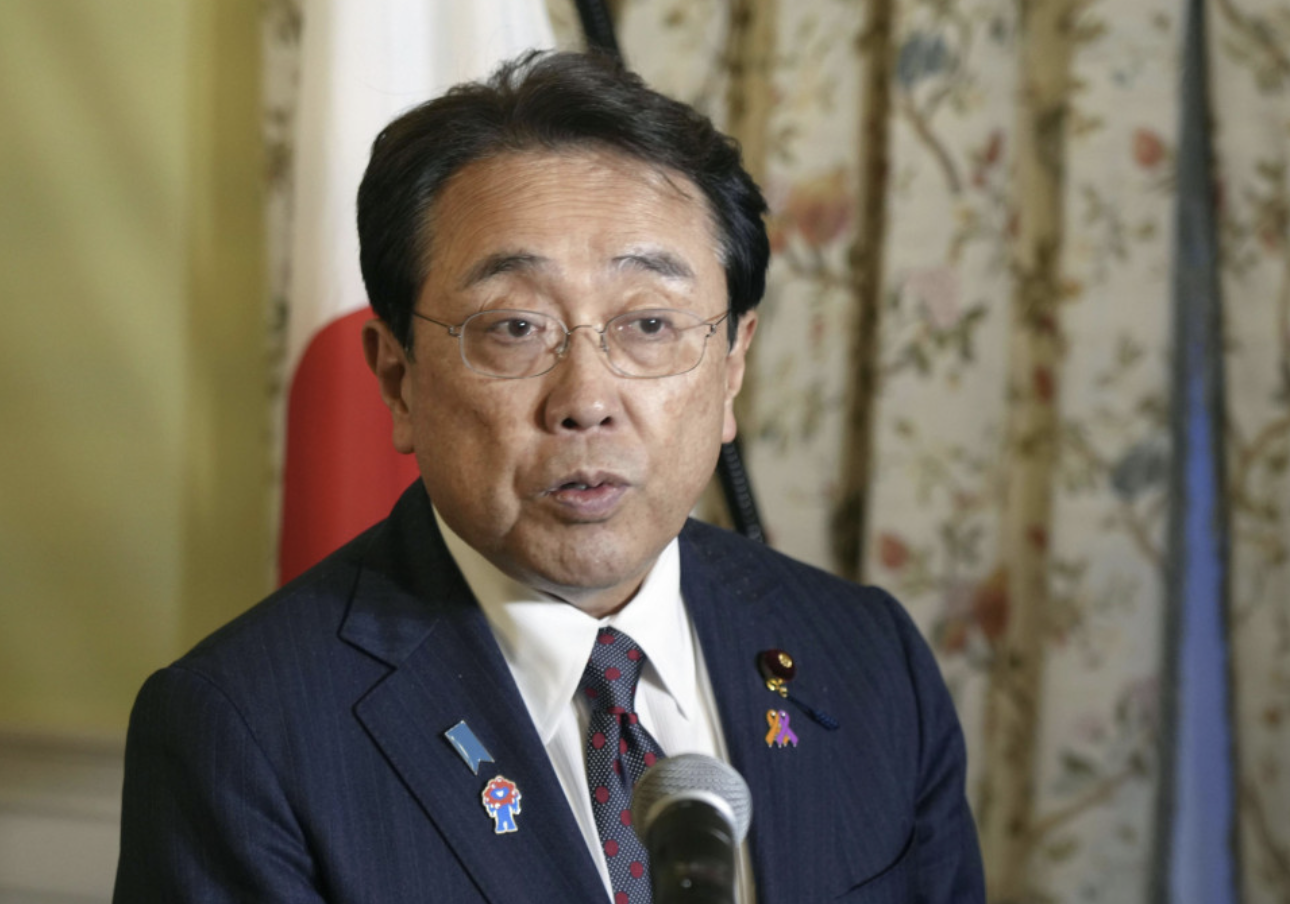







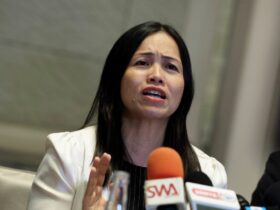

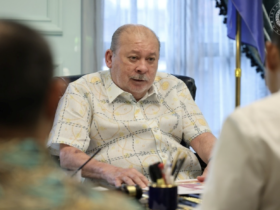

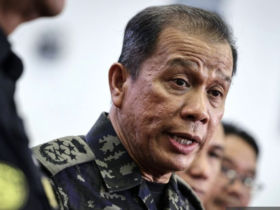



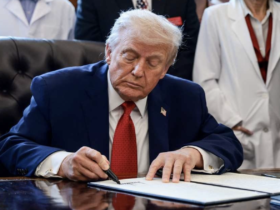
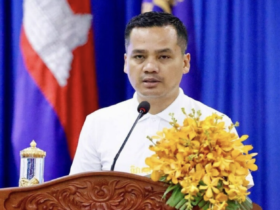

Leave a Reply